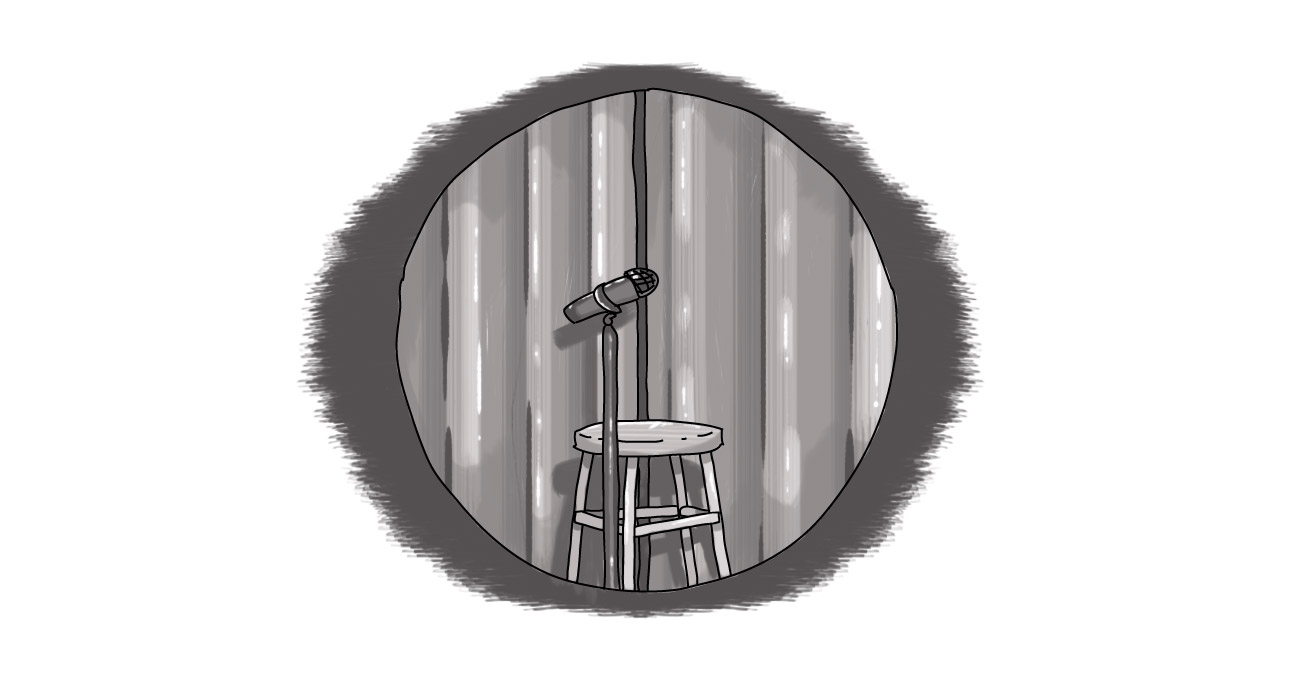Critical Thinking: The value of Honesty

I believe firmly that diversity of experience helps to make you better at what you do. By day, I'm a content and requirements strategist at Echidna; but by night I write for any number of publications in a variety of fields. Lately, arts writing has been taking up a lot of my free time -- namely reviewing theatre productions.
And, true to form, there are parallels that take centre stage in both fields.
Whether it's on the stage, on the web, or in print, how you react to -- and apply -- criticism can have a dramatic impact on your efforts. Whether that impact is good or bad is completely up to you, the recipient.
(*Full disclosure time again. Digital Echidna is proud to sponsor the London Fringe Festival. While this relationship has had no impact on my reviews of Fringe plays, I just wanted to make sure that was put out there for context.)
In the digital world, when a client approaches a company it's usually to solve a problem or challenge they've identified. So the status quo isn't an option, but that doesn't mean that criticism of the status quo is always welcomed. On the stage, while criticism isn't necessarily welcomed by all performers (though those willing to learn and grow tend to be very receptive to learning how to improve), it is of value to the customer -- the one with limited entertainment dollars looking for advice as to how to best spend that money.
So if you're looking at inviting a critical analysis of your work -- no matter what the milieu -- here are three questions you need to answer first.
Do you want validation or the truth?
The answer is not as clear as you might expect. In business, we often think we know what our customers want. We have egos and pride in our way of doing things. That's not necessarily bad, but it can't cloud your judgment -- especially when you have reports to the contrary.
For the most part, in reviewing, I get positive responses. Very rarely, there are those who don't understand why I couldn't be "nicer" for a review. But I'm not here to validate your passion project -- I'm here to help. If something isn't working or needs to be refined, I'm doing you more good by pointing that out than by letting you continue to fail the same way in the future.
The same goes for business. If something's not working, or could work better by listening to what your customers want, we'll point that out. It's not a criticism of you, but rather an option for doing things better.
Which leads me to my next point...
Do you understand that professional criticism isn't personal?
Again we all have egos. We all take pride in our work. We all put our blood, sweat, and tears into everything we do. So it can be hard when some "interloper" comes in with a contrary view.
However, it's not contrary. It's not anti-you. And it's most certainly not personal.
I like to think that criticism, when done professionally, should be considered not as a contrary view, but rather as a complementary view. We're not throwing the baby out with the bathwater, nor are we criticizing you as a human being. But sometimes we can't see the forest for the trees and it helps to have a second set of eyes to look at things.
The greatest improvements to my own work have come from outside sources. Yes, repetition and practice helps, but if you keep doing the same things over and over, you may be honing the wrong skills. Learning from others, exploring new experiences, and adopting those lessons makes you better overall.
So if I write something and it comes back with edits, am I mad? No. You weigh the criticism and apply as needed. It doesn't mean you have to agree with everything or apply everything -- after all, you still have your experience and expertise to fall back on. But to dismiss it outright because you feel personally attacked is ineffective -- and it's most certainly not the point.
We're all professionals here. And, hopefully, most people involved in any sort of critical analysis will behave professionally. I can like you as a person and criticize your work. And, conversely, I hope that if you like me as a person, you'd be equally critical of my work -- that shows respect and that's what it's really all about.
Do you understand that we're all working towards the same goal?
In the end, the customer is the only one that matters. Whether that's a customer patronizing a business, or a customer going to see a show, our work is intended to make the experience more enjoyable for the end user.
As a reviewer, or as someone analyzing your content, it's not about "you" per se. It's about ensuring that your message is delivered in the best way for your audience. So if there's no depth of character on the stage, that's an issue; if there's too much depth in jargony content on your site, that too is an issue. In the end, we want to highlight the pros and offer solutions to the cons, so that you can offer the best possible product to your customer.
For both theatre and business, the goal is to have a long and successful run. Criticism is a part of that and how you respond to it and apply it to your work can have an incredible impact on future success.
How to deal with criticism?
SUBSCRIBE TO OUR E-NEWSLETTER
 Subscribe
Subscribe


